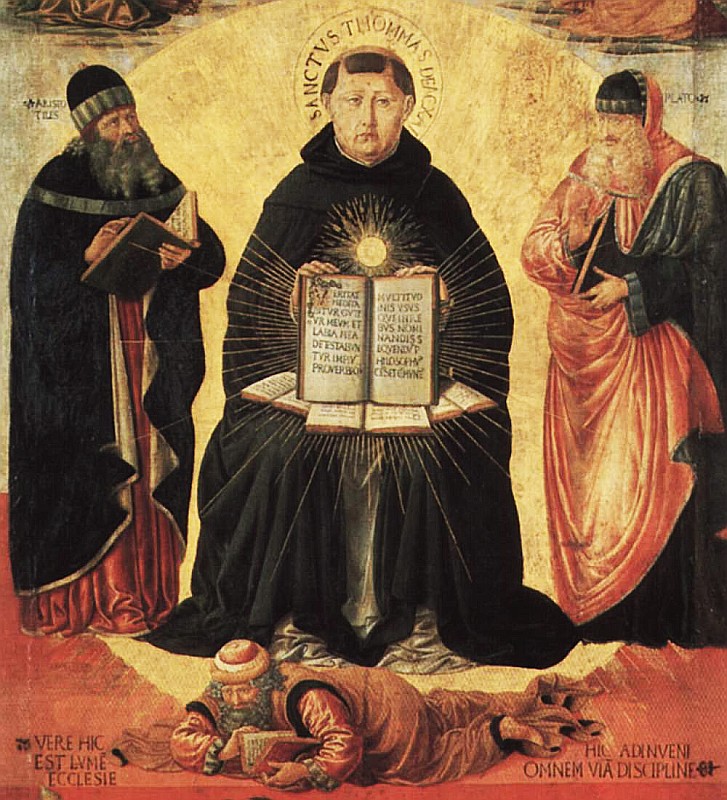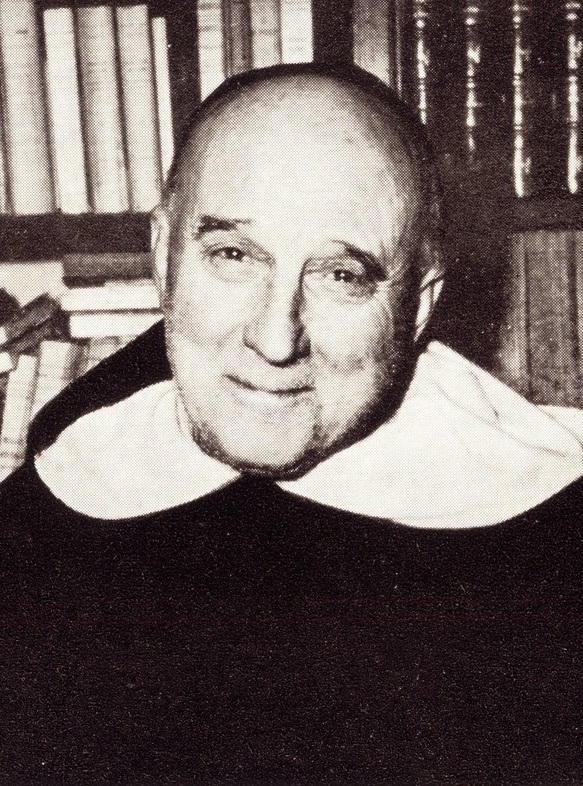Quaestiones disputatae de malo 6.1 ad 3 (my translation):
God immutably moves our will on account of the efficacy of His moving power, which cannot fail; but on account of the nature of the will that is moved, which relates indifferently to diverse things, necessity is not introduced; just as in all things divine providence operates infallibly; and yet from contingent causes effects are contingently produced, insofar as God moves all things proportionately, each being according to its mode.
Deus movet quidem voluntatem immutabiliter propter efficaciam virtutis moventis, quae deficere non potest; sed propter naturam voluntatis motae, quae indifferenter se habet ad diversa, non inducitur necessitas, sed manet libertas; sicut etiam in omnibus providentia divina infallibiliter operatur; et tamen a causis contingentibus proveniunt effectus contingenter, in quantum Deus omnia movet proportionabiliter, unumquodque secundum suum modum.
ST I.83.1: Whether man has free-will? (My translation, emphasis added).
[Argument 3]. Further, that is free which is cause of itself, as is said in the first book of the Metaphysics [ch. 2]. What is moved by another, therefore, is not free. But God moves the will, for it is said in Proverbs 21[:1], "The heart of the king is in the hand of the Lord; whithersoever He will He shall turn it," and in Philippians 2[:13], "It is God Who worketh in you both to will and to accomplish."
To the 3rd, it must be said that the free will is a cause of its motion, because man through his free will moves himself to acting. But it does not necessarily belong to freedom that it be its own first cause. God, therefore, is the first cause that moves both natural and voluntary causes. And just as, by moving natural causes, he does not take away the fact that their acts are natural; so by moving voluntary causes, he does not take away the fact that their actions are voluntary, but rather makes this very thing [i.e., being voluntary] in them, for he operates in each thing according to what is proper to it.
Praeterea, liberum est quod sui causa est, ut dicitur in I Metaphys. Quod ergo movetur ab alio, non est liberum. Sed Deus movet voluntatem, dicitur enim Prov. XXI, cor regis in manu Dei, et quocumque voluerit vertet illud; et Philipp. II, Deus est qui operatur in nobis velle et perficere. Ergo homo non est liberi arbitrii.
Ad tertium dicendum quod liberum arbitrium est causa sui motus, quia homo per liberum arbitrium seipsum movet ad agendum. Non tamen hoc est de necessitate libertatis, quod sit prima causa sui id quod liberum est, sicut nec ad hoc quod aliquid sit causa alterius, requiritur quod sit prima causa eius. Deus igitur est prima causa movens et naturales causas et voluntarias. Et sicut naturalibus causis, movendo eas, non aufert quin actus earum sint naturales; ita movendo causas voluntarias, non aufert quin actiones earum sint voluntariae, sed potius hoc in eis facit, operatur enim in unoquoque secundum eius proprietatem.
ST I.83.1 arg 3, ad 3, in Syllogistic Format (in my own words):
Argument 3:
Major: What is moved by another is not free.
Minor: The will is moved by another.
Conclusion: Therefore, the will is not free.
Proof of the Major: "What is free is moved by itself" (Metaph. I.2). Therefore, what is moved by another is not free. Proof of the Minor: God moves the will (cf. Prov. 21:1; Phil. 2:13). And the conclusion follows.
St. Thomas' Reply:
I concede the minor.
I distinguish the major. That what is moved by another as by its only cause is not free, I concede; but that what is moved by another as by its first cause is not free, I deny. God is the primary cause of the will's actions, and the will is the secondary cause of its actions. God's primary causality does not take away their being free, but rather is the cause of all of their being, including their being free--just as his primary causality of natural actions does not take away their being nature, but rather is the cause of their being, including their being natural. For God causes all things to be in their own way, natural things to be natural, and voluntary things to be voluntary.
And I deny the conclusion.









No comments:
Post a Comment